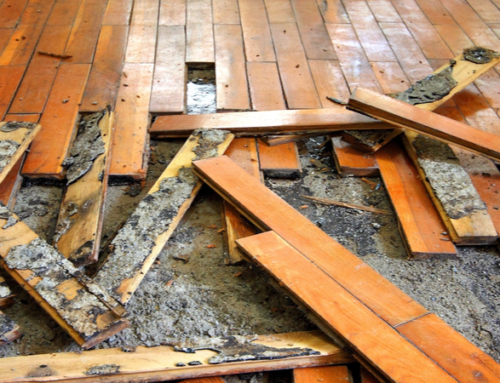Q: I closed on a house November 4th in Greenville, SC. Prior to purchasing the home a co-worker indicated they “knew” the house and the seller had, at one time, told my co-worker that the pool would not hold water.
This bit of information prompted me to have a pool inspection during the contingency period. But the pool inspector didn’t find any leaks.
So, we closed and moved into the house. Three days later, the pool is leaking water faster than I can put it in. Yet when I went back and looked, there was no statement on the Owner Disclosure statement about any problems with the pool.
I have since contacted the local water company and have discovered that the previous owner had an astronomical water bill each month (assuming the need to keep filling the pool). The previous owner lived in the house for three years.
At this point, do I have any recourse or am I stuck with getting the pool fixed on my ticket? Thanks for you help in advance.
A: If you can prove that the seller knew, or should have known about the problem with the pool, then you may be able to sue the seller for failing to disclose this significant problem. Also, if you specifically asked the seller about leaks in the pool and were given erroneous information, you may have a claim against the seller for fraud.
Most states require that sellers disclose problems that are not visible to the naked eye but that materially affect the value of the property. I’d count a leaky pool as being a pretty significant problem, and I’m sure if you knew about it, you would have adjusted your offer accordingly.
Since you know someone who told you the owner disclosed that the pool would not hold water, and you can pull copies of the enormous water bills, you may have a good case.
What you need to do now is contact a real estate attorney who has specialized in the area of seller disclosure to review what, if any, legal options are available to you.




Leave A Comment